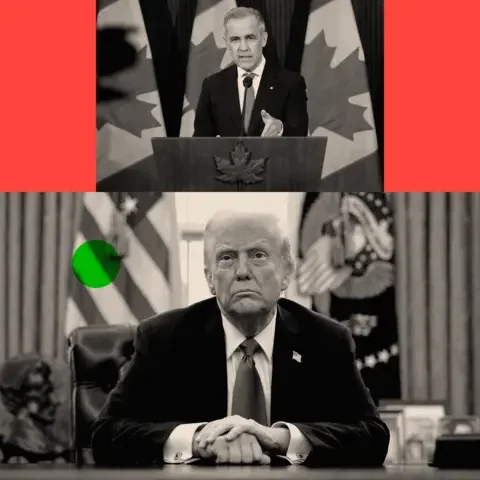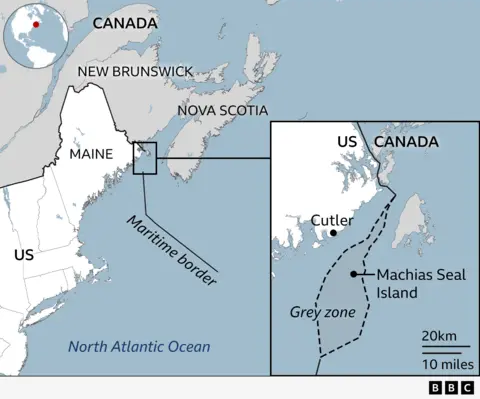
What Lies Ahead for Canada’s Relationship with the U.S. Amidst Trump’s Threats?
As Canada approaches its upcoming federal election on April 28, the relationship with its southern neighbor has become a focal point, especially under the shadow of President Donald Trump's unpredictable policies. Candidates Mark Carney and Pierre Poilievre have largely united in their assessment: the U.S. can no longer be relied upon as a partner. But what strategies are being proposed to navigate this tumultuous terrain?
According to Prime Minister and Liberal leader Mark Carney, the "old relationship with the United States, based on deep integration of our economies and military cooperation, is over." His Conservative counterpart, Poilievre, has echoed these sentiments, labeling Trump as "unreliable" and advocating for a more assertive Canadian stance regarding trade and economic resilience.
As both contenders grapple with the economic fallout from Trump's tariffs, which have added $43 billion in retaliatory tariffs on Canadian goods, it is clear that the stakes are indeed high. A recent labor report indicated Canada suffered a harsh loss of 33,000 jobs in March, the worst performance in more than three years—illustrating the weight of these pressures.
The debate surrounding how to counter Trump's trade war and protect Canadian sovereignty has emerged as the "elephant in the room" during election debates. Carney proposes to utilize revenue from counter-tariffs to enhance workforce support and business resilience, while also pledging to negotiate new trading partnerships with more reliable allies—an ambition complicated by decades of dependency on U.S. commerce.
Adding further complexity, Poilievre has suggested a renegotiation of the U.S.-Mexico-Canada Agreement (USMCA), arguing for a pause on tariffs while negotiating terms that could bolster Canada's defense capabilities. This approach raises concerns among analysts who caution against hasty actions given that these tariffs may violate the agreement itself.

The geopolitical landscape is further complicated by tensions surrounding the "Grey Zone," an area of contested maritime territory where Canadian and American lobster fishermen have faced violent confrontations. The long-standing claim on Machias Seal Island illustrates the fragile state of U.S.-Canada relations, a tension exacerbated by Trump's recent statements about Canadian annexation.
The current economic crisis has not only reignited discussions on national identity, but it has also driven practical discussions about economic diversification. With over 75% of Canadian exports directed towards the U.S., calls for alternative trade partnerships have become more pronounced, although experts assert that this diversification is a long-term endeavor, not a quick fix.
Both candidates emphasize the need to cut bureaucratic inefficiencies to expedite energy project approvals, emphasizing that a quicker route to market can enhance Canada's economic resilience. However, delays related to Indigenous consultations and environmental concerns raise questions about the feasibility of such rapid project implementations.
The looming election showcases a whirlwind of Canadian nationalism fueled by Trump's brash rhetoric, with Canadians even boycotting U.S. products as a sign of discontent. The Polarization of sentiments around U.S.-Canada relations could have profound implications after the election, as whoever emerges as prime minister will bear the burden of addressing this complex legacy.
Ultimately, can Canada reclaim its economic sovereignty while navigating the unpredictable waters of U.S. politics? Only time—and the upcoming election—will tell.